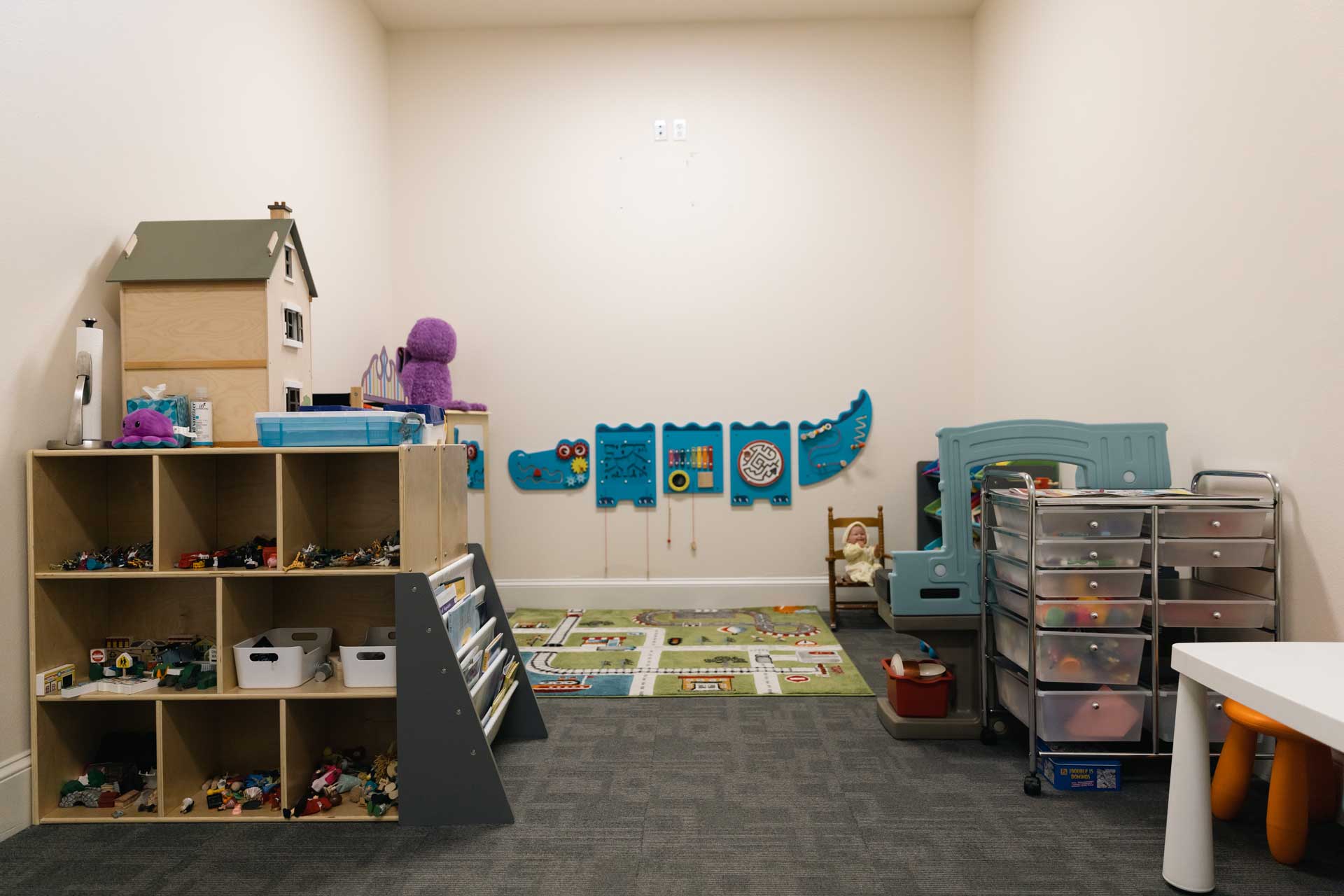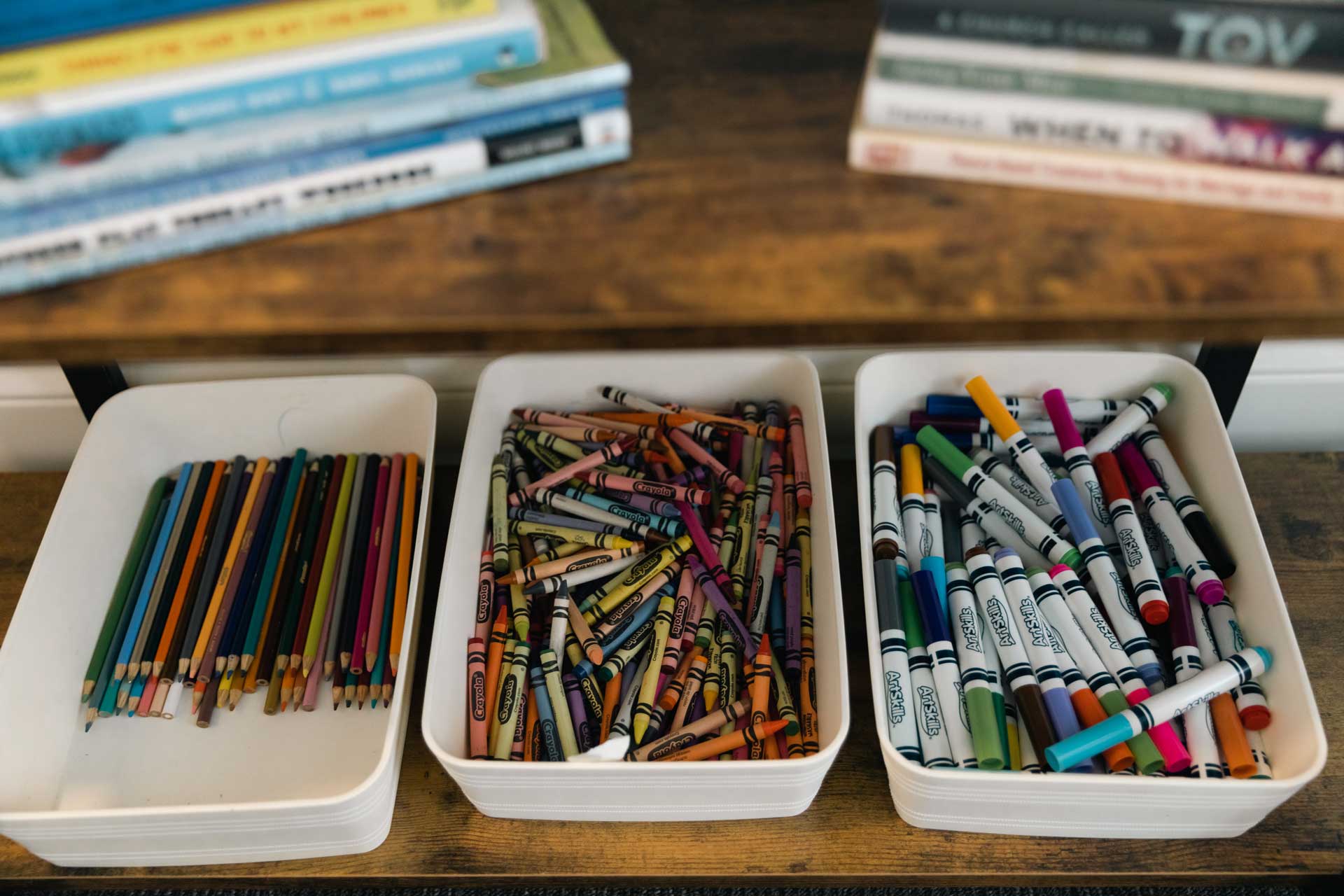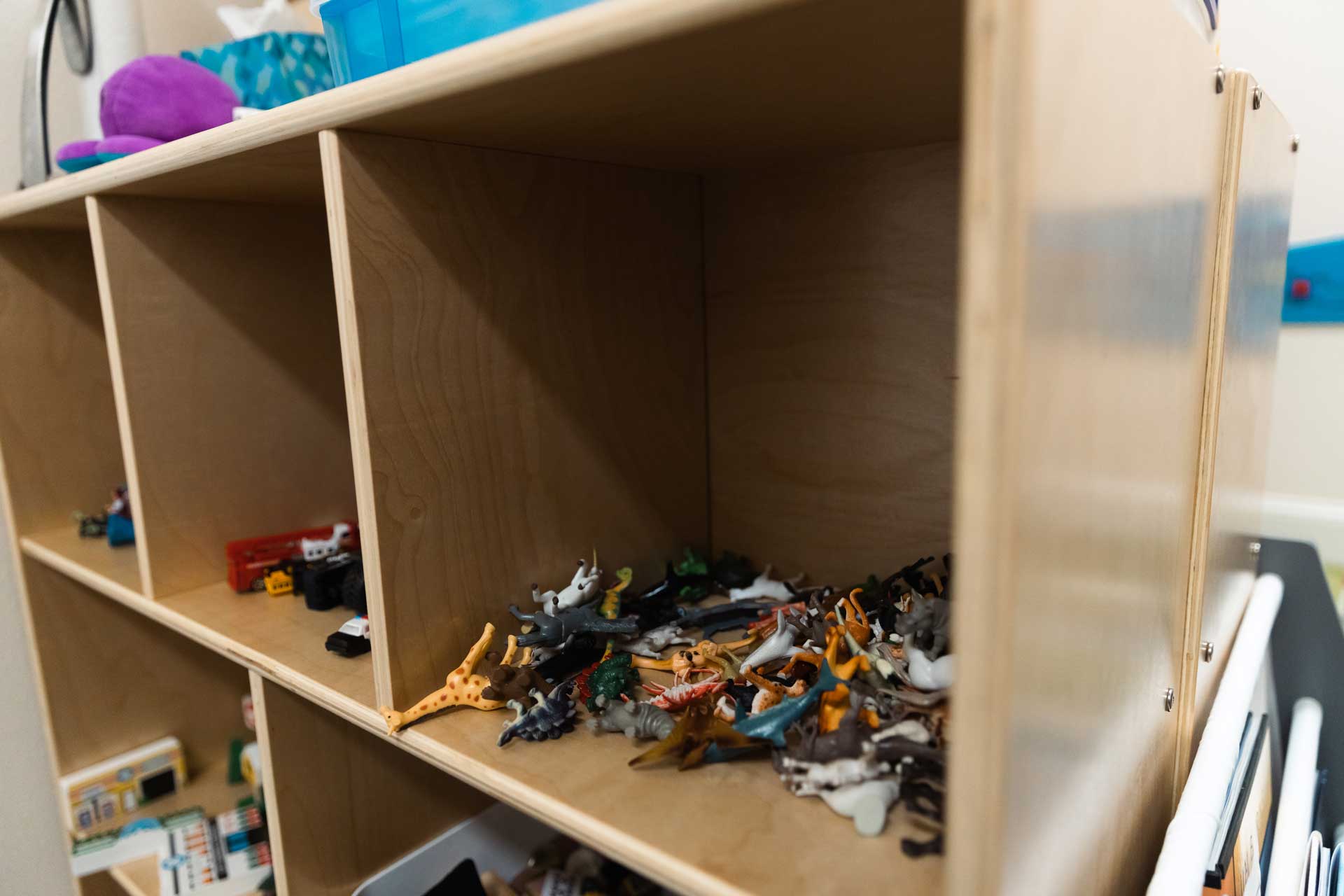Hey Slidell! We’ve moved! Our new Slidell location is located at 113 Christian Lane.



Since children process their experience differently than adults, psychotherapy typically involves some element of play. Therapeutic play offers children a gentle way to process whatever may be upsetting them.
Even children in very loving families can experience emotional difficulties. It can be profoundly distressing to see your child struggle, and not know how to respond, or to try and help, but see them continue to suffer. Fortunately, psychotherapy can help. Since children process their experience differently than adults, psychotherapy typically involves some element of play. Therapeutic play offers children a gentle way to process whatever may be upsetting them. By observing a child’s orientation towards play, a therapist can begin to understand and respond to emotional communications from the child that are not always accessible through language. As children become older, therapy may develop to include more conversation or discussion, or the use of art, poetry or drama as tools. These more expressive mediums can help teenagers process the bewildering and sometimes intense emotions of their teenage years. They can also provide a forum for addressing any underlying difficulties a teen may be experiencing at home, in school or in their relationships with others.


